
Retirement is often imagined as the prize at the end of decades of hard work: a time to relax, travel, and finally enjoy freedom. But the truth is more complicated. Retirement brings unexpected shifts in identity, relationships, and day-to-day life that most people are unprepared for. Here are 20 things about retirement that no one warns you about until you live them.
The Excitement Wears Off Faster Than You Expect
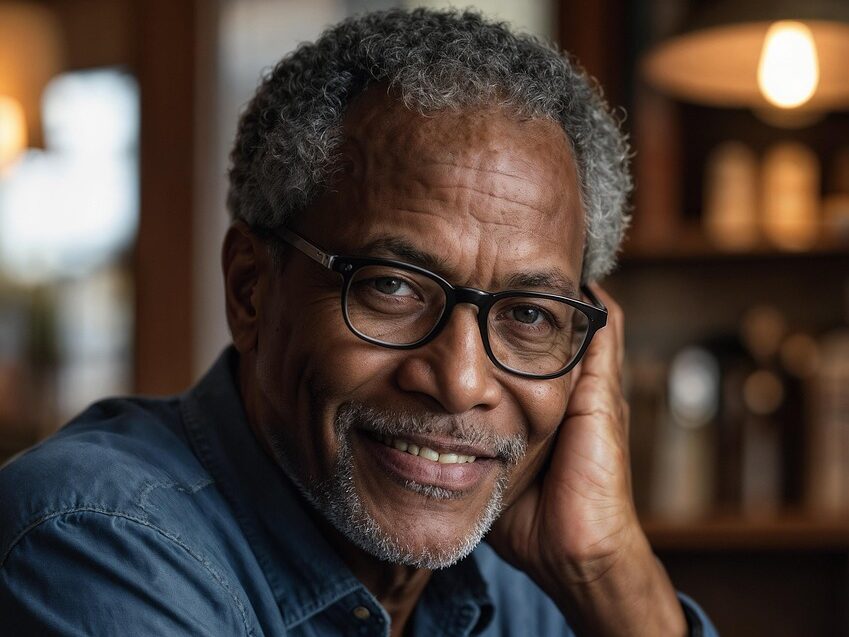
At first, retirement feels like a long-awaited vacation. The absence of alarms, meetings, and deadlines is liberating. However, after the initial honeymoon phase, many retirees find themselves restless. The thrill of free time fades, and without meaningful structure, it can start to feel like every day is Saturday, which sounds fun until you realize that even Saturdays need purpose.
Your Sense of Purpose Changes
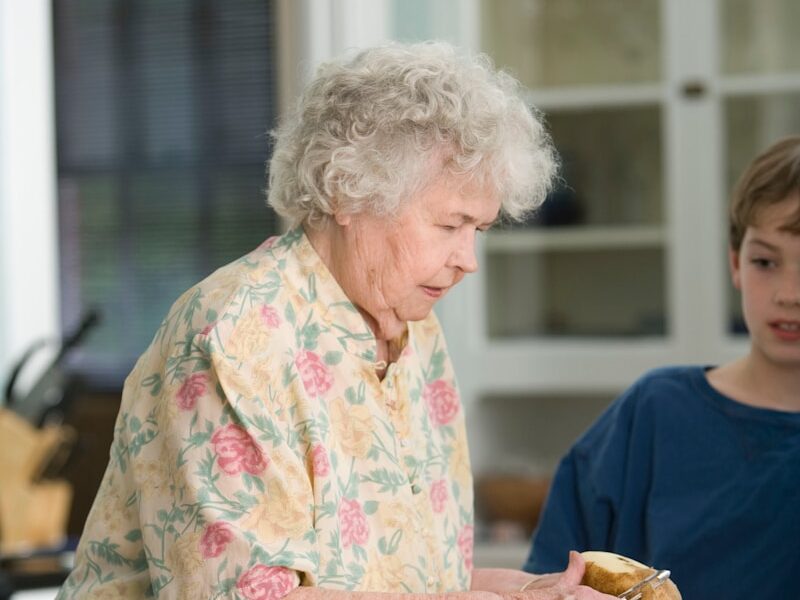
Work often provides a clear identity and sense of contribution. In retirement, that framework disappears overnight. While hobbies, volunteering, or part-time work can help fill the void, the loss of daily goals and external validation can leave a lingering sense of aimlessness. Finding a new purpose is essential but not as effortless as many imagine.
Friendships May Fade
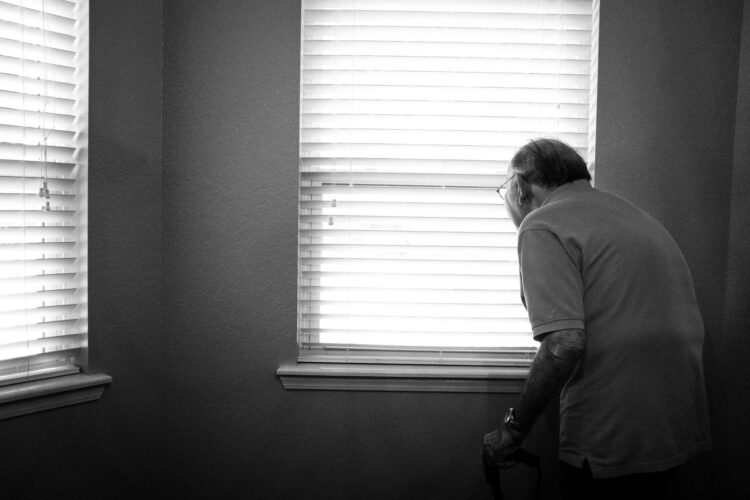
Work naturally created social circles, like quick chats, shared lunches, and camaraderie in the break room. When that environment disappears, friendships that were easy to maintain can quietly dissolve. Without shared daily experiences, connections weaken, and reaching out requires intentional effort. For some, this shrinking social world can be one of retirement’s loneliest surprises.
You Miss the Routine More Than You Thought You Would

While freedom sounds wonderful, most people thrive on some form of routine. In retirement, the loss of structure can leave you drifting. Without the built-in schedule that work provided, days can blur together, leading to feelings of restlessness or boredom. Building a new routine becomes a critical part of feeling grounded again.
Money Worries Do Not Disappear
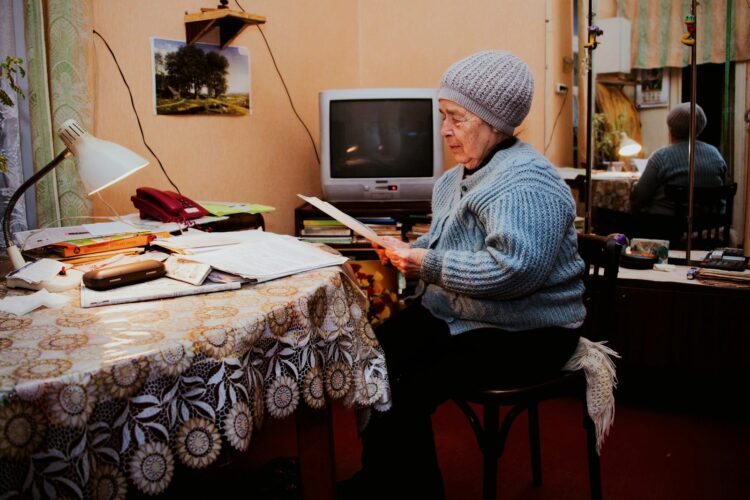
You may have spent years planning for retirement, but the reality of living on a fixed income often feels different than expected. Inflation, market downturns, unexpected medical expenses — all can chip away at carefully laid plans. Financial security feels less certain when there is no paycheck on the horizon, and small financial anxieties can grow larger over time.
Healthcare Becomes a Bigger Concern

In retirement, managing healthcare is no longer an occasional chore — it becomes a central part of life. Doctor visits, medication schedules, insurance paperwork, and health monitoring increase steadily. Issues that once seemed minor can now have bigger consequences, making healthcare a daily presence rather than a background worry.
You May Struggle With Your Identity

After a lifetime of being known by your profession, be it teacher, engineer, nurse, retirement can leave a blank space where your identity used to be. Without that role, many retirees question who they are now. Redefining yourself outside ofwork is harder than it sounds and often requires strong personal reflection and adjustment.
Boredom Can Sneak Up On You

Even retirees with full calendars can find themselves feeling under-stimulated. Travel, hobbies, and leisure fill the first months or years, but eventually, they can lose their novelty. Without fresh challenges or new learning experiences, boredom can creep in, leaving you feeling unfulfilled despite being “busy.”
Your Spouse May Drive You Crazy

Retirement changes the dynamics of a marriage. Suddenly, you are spending more time together than ever before. Without the time apart that work used to provide, small annoyances can grow larger. Different visions for how to spend retirement can clash, and navigating this new phase of your relationship requires patience and renegotiation.
Downsizing Is Harder Than You Think

Moving to a smaller home or clearing out decades of belongings sounds practical until you start the process. Every item holds memories, and letting go feels like erasing parts of your life. The emotional weight of downsizing is often underestimated and can turn what seems like a simple task into an overwhelming emotional experience.
You Start to Feel Invisible

Society often celebrates youth and productivity, and retirement can shift you into the margins. No longer being part of the active workforce can make you feel overlooked or dismissed. This sense of invisibility can be subtle, like fewer invitations and less attention in social situations, but it can slowly chip away at self-esteem and confidence.
Relationships With Adult Children Change

You might assume retirement will mean more time with your children, but their lives are busy too — careers, kids, obligations. The shift in roles can be unexpected and sometimes painful. Instead of becoming closer, some retirees find themselves feeling sidelined, realizing their adult children now have less time for regular contact than they hoped.
Volunteer Work Is Not Always Fulfilling

Many retirees turn to volunteering as a way to stay engaged, but it does not always offer the deep sense of purpose they seek. Some volunteer roles are more administrative than meaningful, and not all organizations are a good fit. Finding the right volunteer opportunity that genuinely fulfills can take time and patience.
Travel Can Become Exhausting

Endless travel sounds appealing in theory, but in practice, it can be physically draining. Airports, heavy luggage, jet lag, and unfamiliar environments take a greater toll with age. For some retirees, travel becomes less about exploration and more about managing discomfort, which changes how appealing those once-dreamed-of trips actually feel.
Time Feels Different

Without a traditional workweek, the passage of time changes. Weeks lose their structure, and days can feel endless or fleeting, depending on your mood. Some retirees describe this shift as disorienting. Time stretches in retirement, and without deliberate planning, it can feel as though you are drifting rather than moving forward.
Mental Health Challenges May Surface

Retirement can create space for long-suppressed emotions to rise. Without the distractions of work, feelings of loneliness, sadness, or anxiety can surface more easily. Many retirees struggle with depression, often quietly, especially if they are isolated or feel a lack of purpose in their new daily life.
You May Feel Guilty for Not Enjoying It More

There is a powerful cultural narrative that retirement is supposed to be the happiest time of your life. When it isn’t, many retirees feel guilty or even ashamed for not feeling more joyful. This unspoken pressure can make it difficult to talk openly about the disappointments and emotional struggles retirement can bring.
Staying Physically Active Takes More Effort

Without the incidental activity of a job, like walking to meetings, commuting, and standing throughout the day, staying active in retirement requires more intention. Exercise routines must be built into the day on purpose, and maintaining fitness becomes more critical yet also more difficult with aging joints and slower recovery times.
You Realize How Much You Miss Being Needed
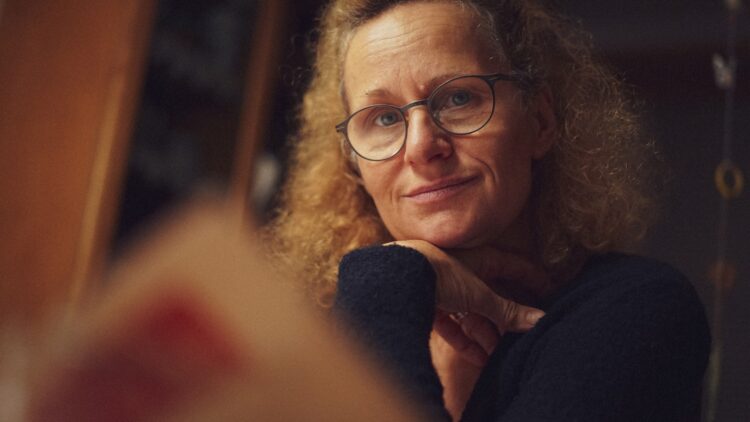
Being useful and needed gives life meaning. Retirement removes many of the roles where you once felt indispensable — at work, at home, in the community. For some, the absence of that daily validation leaves a quiet ache and a search for new ways to feel important and connected.
Retirement Is Not a Finish Line — It Is a New Beginning

Retirement is not the end of the race. It is the start of a completely different chapter that has no clear roadmap. It requires reinvention, resilience, and constant adjustment. Freedom is real, but uncertainty is too. How you navigate this new beginning shapes the quality of the years to come.

